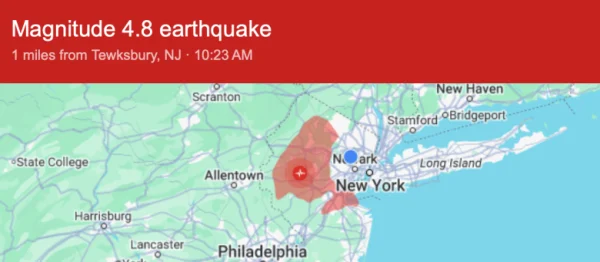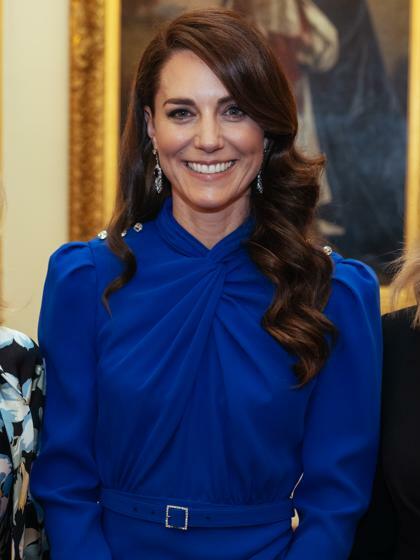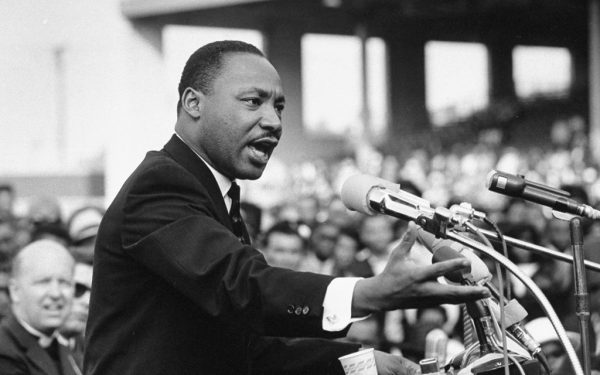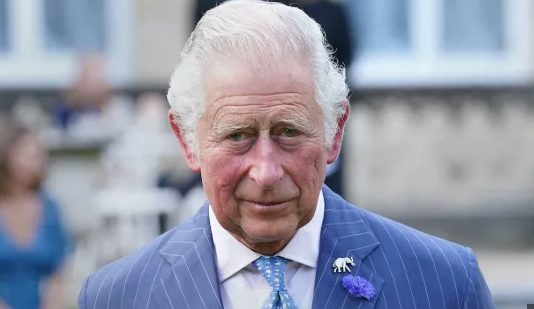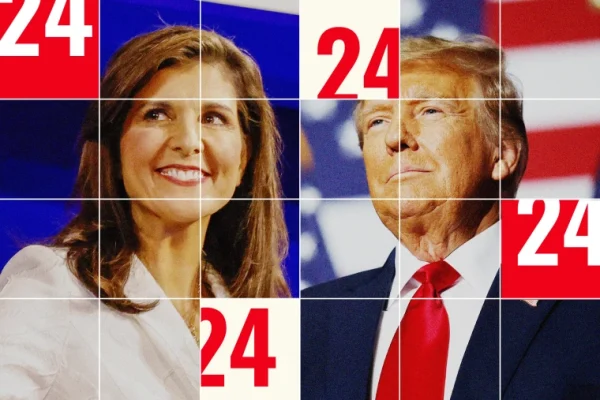Cell Phone Search Debate Continues
In the era of smartphones, the Supreme Court recently heard two cases that could change what it means to perform an “unreasonable search and seizure”. Smartphones carry so much information that the court is trying to decide if it is fair game to use them to gain evidence.
Many of the justices agree that there should be some limit to what police officers have the right to search. Some say that all information, except that which relates to the specific crime, should be off limits. The Fourth Amendment prohibits unreasonable searches and seizures.
Currently police are allowed warrantless searches to ensure that the suspect does not have any weapons and that they do not try to destroy any evidence. A major concern among law enforcement is that once someone knows they are a suspect they will delete all relevant information from their phone.
Those that oppose the searches say that cell phones hold more personal information than they have in the past. Photos, call and text records, internet search history, financial information, and social media activity are readily available through smartphones.
Justice Elena Kagan argues that cellphones are more advanced than ever before, “They’re computers. They have as much computing capacity as laptops did five years ago. And everybody under a certain age, let’s say under 40, has everything on them.”
MSNBC reported that the case was sparked by an earlier case, Riley v. California. Riley was arrested for concealed weapons. Police searched his phone and found evidence linking him to an earlier crime. He was later tried and convicted of attempted murder. He is arguing that the search violated his Fourth Amendment right.
In the second case, Wurie v. U.S. government, Wurie was arrested when police saw him taking part in what seemed to be a drug deal. They confiscated his cell phone as part of the arrest. While it was in possession of the police, a call kept coming through from “my house”. They used this number to track down his home address, and when searched found drugs and weapons.
The state of California and U.S. government are fighting back saying cell phones should be treated just like anything found in one’s pocket, regardless of the amount of personal information they contain.
Chief Justice John Roberts questioned whether some apps, such as Facebook and Twitter, grant people any privacy. He says the point of the app is inherently to share thoughts and photos with others, making in public.
Justice Antonin Scallia was on the fence about the topic. He was concerned that the time spent to get a warrant to search a phone could interfere with bringing criminals to justice. He later stated that if someone were to be pulled over for not wearing a seatbelt it would be “absurd” to search their phone.
Kagan defended her position saying, “It sounds good as a limiting principle, but it ends up you can imagine in every case that the police could really look at everything.”
No decision has been reached as to how the Supreme Court will limit the information police are entitled to search, if they do at all. In the meantime, both Riley and Wurie are appealing their cases claiming their Fourth Amendment right was violated.

